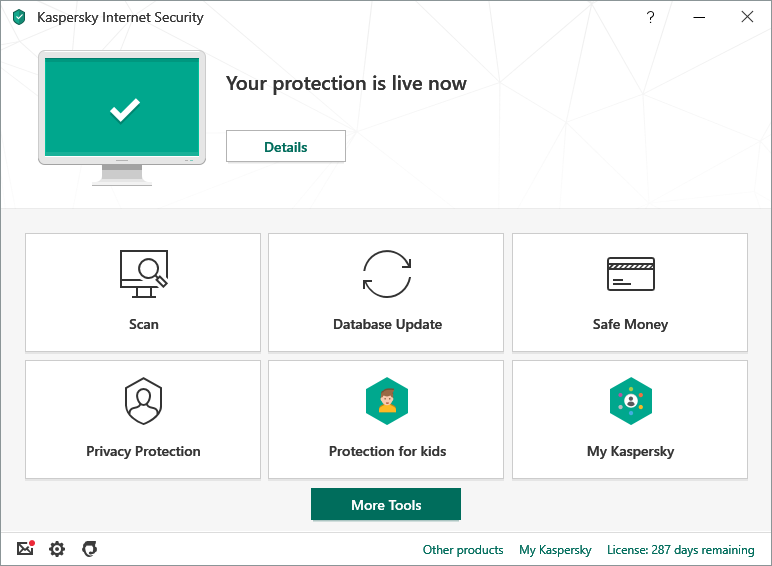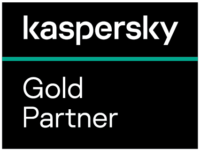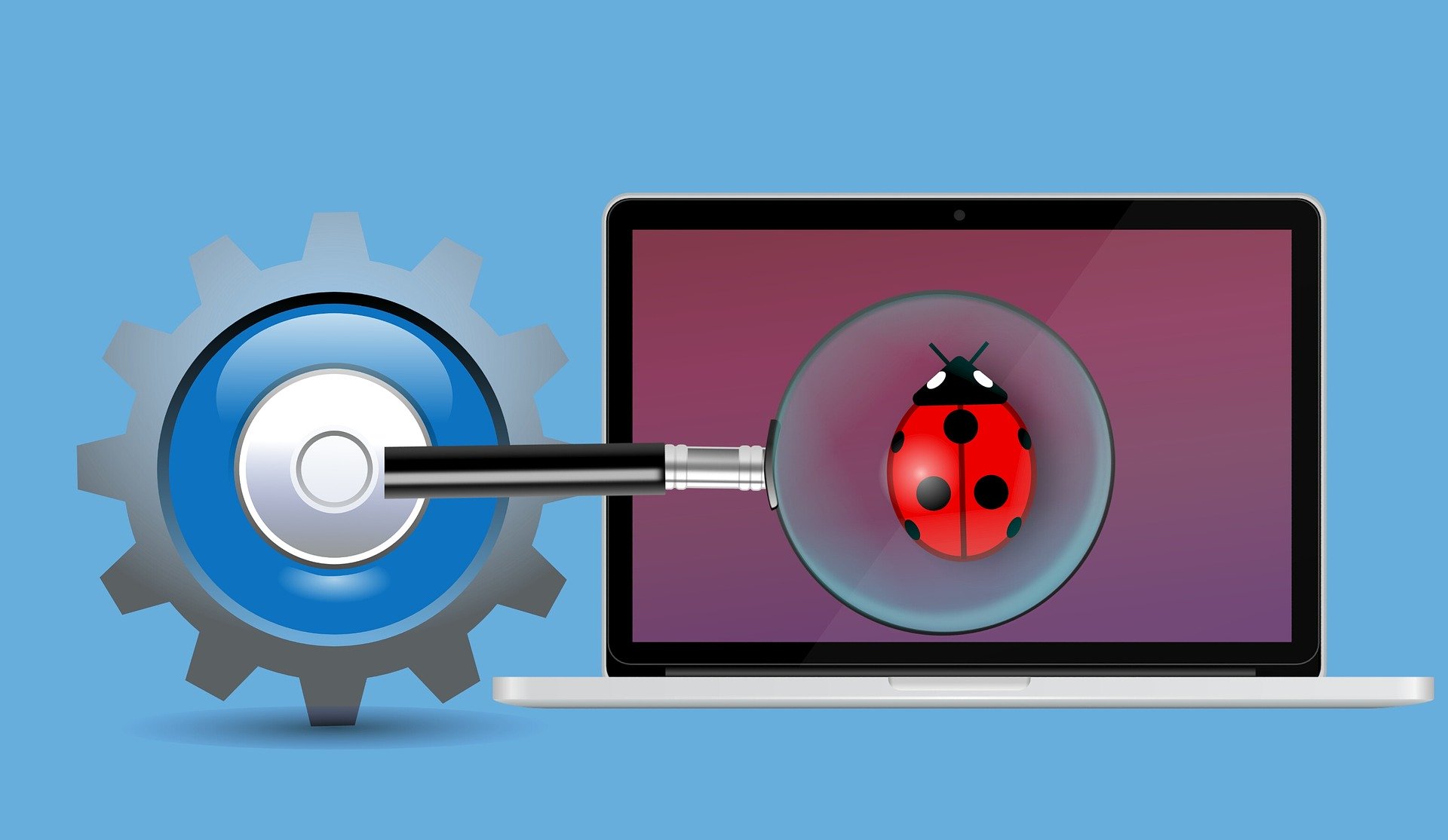Connect, detect, protect.
When you’re one of the world’s most iconic brands, driven by the most successful team in Formula 1 history and people’s safety depends on the accuracy and availability of your data, you can’t afford to take risks. That’s why Ferrari trusts Kaspersky Lab to take care of its cybersecurity.
From its world-famous Maranello factory to the Formula 1 circuit, more than 5,000 Ferrari endpoints and systems globally are secured by the world’s IT Security specialists, Kaspersky Lab.
And as both companies’ technological vision and innovation extend to connected cars, Internet of Things and a constantly evolving web presence, Kaspersky Lab is deepening its technology partnership with Ferrari, delivering protection that extends beyond devices to the data itself, 24 hours a day, seven days a week.
“Though we work in very different industries, we’re united by the same core business values: technological leadership and a passion for innovation and getting forever better at what we do,” says Kaspersky Lab founder and CEO, Eugene Kaspersky. Speed, security, cutting-edge innovation…great ingredients for deepening a great partnership.
Always-on cybersecurity – everywhere.
In addition to the more than 300,000 unique pieces of malware Kaspersky Lab experts uncover every day, new threats are evolving all the time. As cyber criminals develop tools individually tailored to each victim, indicators of compromise are no longer enough on their own to help organisations detect attacks. The continuing march of ransomware and distributed denial of service (DDoS) attacks have joined with device integrity in an Internet of Things landscape to introduce new areas of vulnerability, particularly in manufacturing environments where new-found connectivity isn’t always accompanied by cybersecurity awareness.
In this environment, knowing where you’re vulnerable is as important as your ability to detect and prevent cyber-attacks. Rounding this self-awareness out with the latest threat intelligence to help anticipate what’s around the next chicane is vital for an organisation with Ferrari’s profile and reputation.
They need a security partner that doesn’t just keep pace with the latest threats, but stays ahead of them – while anticipating the vulnerability profile of the most innovative digital technologies. That’s why Ferrari chose to deepen its partnership with Kaspersky Lab. In addition to protecting traditional areas of company technology such as endpoints, ERP and PLM, Kaspersky Lab now works with Ferrari to protect its digital world through penetration testing, vulnerability assessment and threat intelligence.
Protecting the brand, ensuring availability
With a global web presence and a valuable brand to protect, it was critical that the company trusted to do this was not only global in reach, but global in its threat intelligence and analysis capabilities and expertise. Kaspersky Lab, already a trusted partner in protecting Ferrari’s endpoint ecosystem, was put through its paces and, once again, was the perfect fit to protect the company’s digital presence.
Defence against known web exploits, paired with threat intelligence and vulnerability assessment to anticipate and mitigate threats before they become a problem, is now another layer of Kaspersky Lab’s cybersecurity helping to protect one of the world’s biggest brands. On-demand scanning with minimal performance impact, protection from DDoS attacks, the capacity to provide actionable threat intelligence within strict platform specifications and complete confidentiality in reporting…just a few of the reasons Kaspersky Lab made it to Pole Position in Ferrari’s rigorous tests.
True security without compromise
But it doesn’t stop at the web: overall availability of systems, infrastructure and the applications running on them is of vital importance, but so is performance: “Performance, as you can understand, at Ferrari is very important, so we need to ensure security without compromise,” says Chief Technical Officer, Francesca Duri.
Tasked with ensuring the availability of the IT infrastructure for Ferrari’s manufacturing plants, Duri says Kaspersky Lab’s industrial cybersecurity solutions set it apart in a market where few mainstream vendors can offer this kind of expertise: “I was surprised in a very positive way when, working with Kaspersky, I learned that they already have solutions for security in this area. That’s the reason we’re working together and why we will keep working together to make sure the same level of cyber security applies to all the business areas.”
High performance under pressure gives you an edge
Ferrari operates one of the most sophisticated production lines in the world, where high levels of automation combine with precision techniques, test data and more than 2,000 employees to form a complex, high-value infrastructure with unique security requirements.
And that’s before you factor in the demands of a race weekend: with over 60Gb of data per car accumulating over the course of a race and multiple, real-time simulations using that data at the track, there’s a lot at stake.
“One of the advantages we’ve found in the collaboration with Kaspersky is their availability to follow our needs,” says CIO Vittorio Boero. “Kaspersky is a company I selected to work with in 2012 when I arrived here in Ferrari.” Like all the best relationships, this is one that continues to grow and evolve around shared vision, understanding and expertise.
Want to find out more?
As Kaspersky Platinum Partners, Complete IT Systems can offer you expert advice on the solutions and how they could be effectively deployed in your business.
To find out more please call us on 01274 396 213 or use our contact form and we’ll arrange a good time to call you back.
















